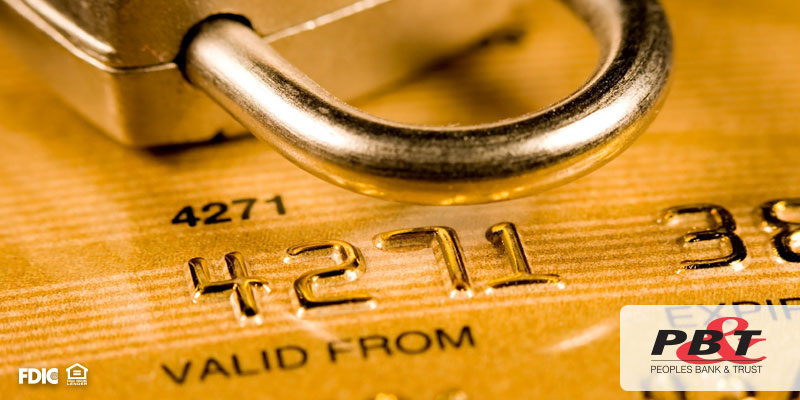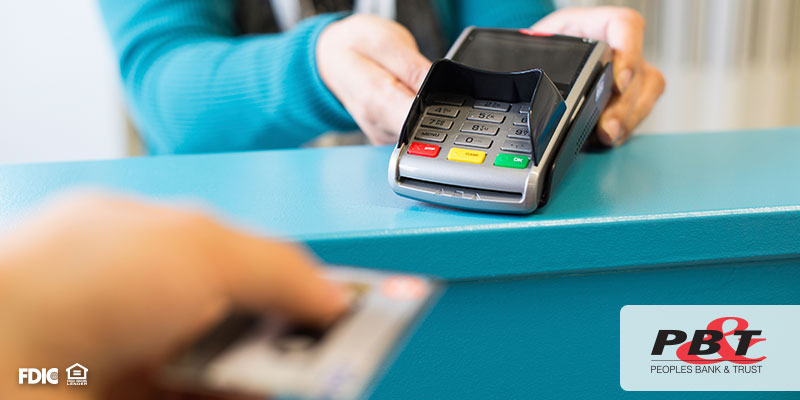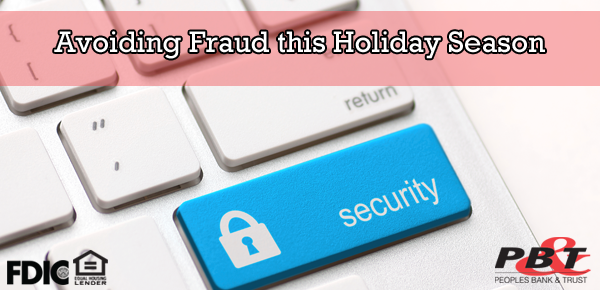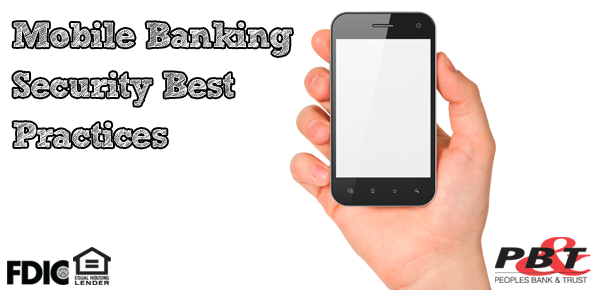
Whether you’re a successful serial entrepreneur, or an aspiring small business owner, setting up a new business venture is never a simple process! Once your brick and mortar shop or office has been finished, it’s time to add the hardware, and get your business online. Easier said than done. Everyday technology continues to grow, and so do the potential problems associated with it. In order to keep your new business secure, follow these key set-up tips courtesy of Peoples Bank & Trust.
- Assess Your Business’ Risk. Find out what data or files your business absolutely needs to operate. If you will be handling personal information on behalf of your customers it is always a good idea to know the specific stipulations you need to abide by.
- Create a Secure Network. Whether you’re building your online network through ethernet or wifi, be sure to protect your data with password-protected logins, antivirus software, and reliable information backups.
- Have an Employee Policy. For everything from mobile devices, to social media, make designated rulings on how employees should use these tools throughout the workday. If wifi is available for employee use, consider a guest network that is not connected to your data storage just in case of an unexpected incident.
- Make Payments Safely. Now that the U.S. is upping its safety standards, you’ll need to update your processing systems. With the new EMV chip cards, this means decreased liability for business owners, but potentially higher set-up costs. Offering convenient transaction options is paramount in the business sector, learn how to get started HERE.
- Continually Educate Employees. Every time there’s a technology-oriented change in equipment or software, ensure your team is using the update properly. By providing continual education on your company’s hardware, internal systems, and new technology, you increase your employees’ knowledge on dangerous online safety hazards.
If you’re looking to start your new business venture, bring your business plan to Peoples Banks & Trust today! With financing options for all sizes, we have the perfect lending plan for your new business.




